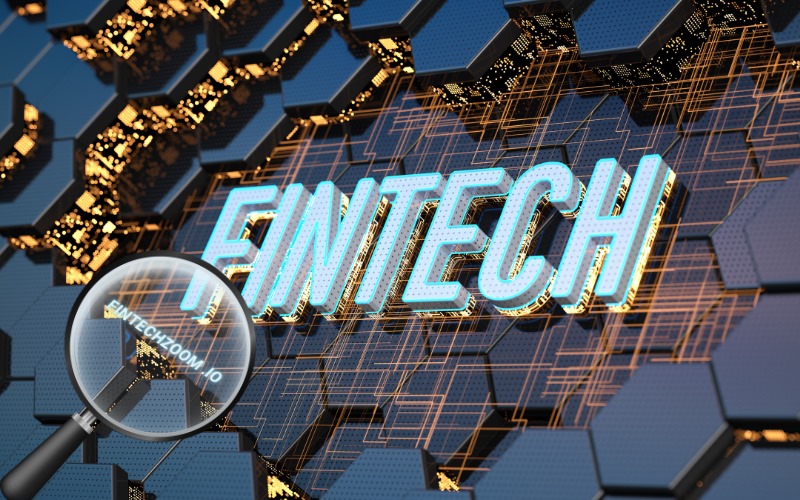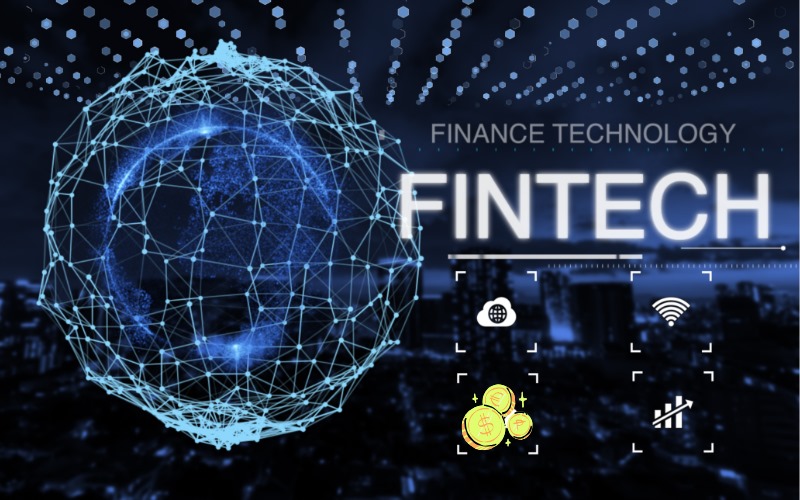Introduction
The monetary era (fintech) organization is evolving unexpectedly, pushed by the resource of innovation, virtual transformation, and customer calls. Fintechzoom.io is a high platform that provides insights into modern-day tech inclinations that shape destiny. In 2025, enhancements in synthetic intelligence (AI), blockchain, decentralized finance (DeFi), and regulatory modifications are set to redefine financial offerings. This article explores key fintech inclinations, their impact, and the outlook for destiny.
The Rise of AI-Powered Financial Solutions

AI continues to revolutionize fintech by enhancing performance, safety, and client satisfaction. In 2025, AI-driven chatbots, robo-advisors, and fraud detection structures will make economic transactions smoother and more stable.
AI in Customer Service
AI chatbots provide instant support and personalized financial advice.
Automated banking assistants help users manage expenses efficiently.
AI-powered fraud detection reduces dangers by identifying suspicious activities in actual time.
AI in Investment Management
Robo-advisors use machine mastering to research marketplace trends and recommend investment techniques.
AI-driven predictive analytics permit greater accurate forecasting.
Smart trading algorithms optimize returns for investors.
Blockchain and Decentralized Finance (DeFi) Growth
Blockchain generation and DeFi are remodeling conventional economic offerings by enhancing transparency, safety, and decentralization.
Expansion of DeFi Services
Peer-to-peer lending structures eliminate intermediaries, presenting higher interest quotes.
Defi staking and yield farming provide passive earnings opportunities.
Smart contracts automate transactions, lowering operational charges.
Increased Adoption of Digital Currencies
Central Bank Digital Currencies (CBDCs) are gaining traction globally.
Cryptocurrencies, along with Bitcoin and Ethereum, continue to persuade financial markets.
Stablecoins offer a dependable alternative to traditional banking.
The Impact of Embedded Finance

Embedded finance integrates financial services into non-economic structures, making transactions extra seamless and green.
Growth of Buy Now, Pay Later (BNPL)
Consumers revel in bendy charge options at checkout.
Retailers benefit from increased sales and customer retention.
Financial Services in E-commerce and Apps
Super apps offer banking, payments, and investment services within a single platform.
Businesses leverage APIs to integrate financial products effortlessly.
Cybersecurity and Regulatory Changes in Fintech
With virtual finance’s upward thrust, cybersecurity and regulatory compliance are crucial for ensuring steady transactions and the safety of statistics.
Enhanced Cybersecurity Measures
Biometric authentication strengthens security in digital banking.
Advanced encryption safeguards user data.
AI-driven protection systems discover and save you from cyber threats proactively.
Stricter Fintech Regulations
Governments are imposing stricter compliance laws to defend consumers.
Data privacy policies like GDPR and CCPA are influencing fintech operations.
Increased oversight ensures honest and transparent economic services.
The Role of Big Data in Financial Services
Big data analytics is reworking the way economic institutions operate by presenting valuable insights into patron conduct and market traits.
Data-Driven Decision Making
Financial firms leverage massive statistics to enhance threat assessment.
Personalized financial products cater to specific customer needs.
Predictive analytics improve investment strategies.
Enhancing Customer Experience
AI-powered personalization gives tailored guidelines.
Big records facilitate locating fraud and save you from financial crimes.
Real-time records analysis improves purchaser engagement.
Future Outlook: What to Expect Beyond 2025

The fintech enterprise will continue to adapt, driven by technological improvements, changing client preferences, and regulatory updates.
The Rise of Quantum Computing in Finance
Quantum computing could decorate economic modeling and risk evaluation.
Faster transaction processing may revolutionize banking operations.
Greater Integration of IoT in Payments
Wearable payment devices will gain popularity.
Smart home technology may integrate with banking services.
Evolution of Digital Identity Solutions
Blockchain-based digital IDs will improve security.
Biometric authentication has become more frequent in banking and fintech.
Conclusion
The fintech industry is currently undergoing change, with AI, blockchain, DeFi, and embedded finance shaping the future. Platforms like Fintechzoom.Io provide valuable insights into these trends, assisting businesses and consumers navigate the evolving landscape. With accelerated security features and regulatory advancements, the fintech environment in 2025 is ready to become even more efficient, inclusive, and progressive.
FAQs
What is Fintechzoom.io, and how does it provide fintech insights?
Fintechzoom.Io is a digital platform that provides professional analysis, news, and insights into current developments in economic generation, including AI, blockchain, DeFi, and virtual payments.
How will AI transform the fintech industry in 2025?
AI enhances fintech by supplying clever chatbots, computerized investment advice, fraud detection, and personalized economic pointers, making transactions more stable and efficient.
What role does blockchain play in the future of fintech?
Blockchain guarantees transparency, protection, and decentralization in financial transactions, allowing an increase in cryptocurrencies, DeFi programs, and virtual identity answers.
What are the key benefits of embedded finance for consumers and businesses?
Embedded finance simplifies transactions with the useful resource of integrating monetary offerings into normal apps, presenting competencies like BNPL, seamless digital payments, and customized monetary merchandise.
How can fintech companies ensure cybersecurity in the digital age?
Fintech corporations enforce biometric authentication, AI-pushed fraud detection, encryption, and compliance with strict policies to safeguard user information and protect users from cyber threats.
Read also:







